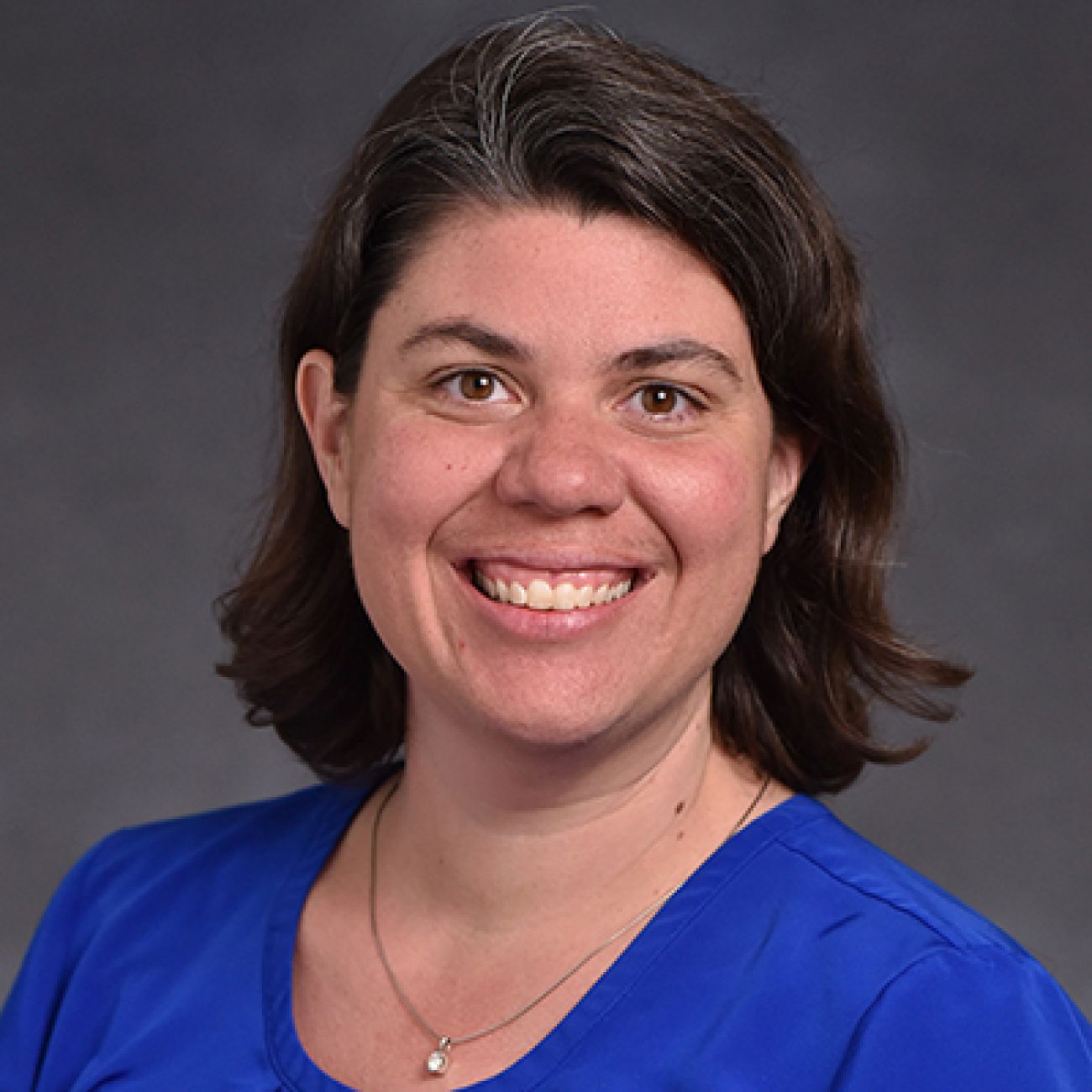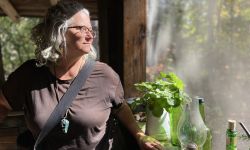Opinion | Michigan’s system to approve green energy projects is broken
Michigan’s legislative leadership earlier this year announced its intention to introduce a package of bills to accelerate the Mi Healthy Climate Plan. Recently, Governor Whitmer put her support behind the proposal and echoed what those involved in the renewable energy transition have noted for some time: the current approach to permitting clean energy projects is broken.

Want proof? Increasing numbers of wind and solar projects have been denied by local governments. Law enforcement has been called upon to keep the peace at community meetings. Local government officials are losing their seats over votes on wind and solar zoning rules.
The governor has proposed to fix the broken permitting system by putting the Michigan Public Service Commission in charge of permitting large renewable projects in the state — those so big that, realistically, they can only be sited in rural areas. States across the country with frustrations over slow local permitting processes have taken similar approaches, moving authority for the largest projects from local governments to the state level. But in doing so, legislators have faced backlash from rural constituents.
Rural communities can be — and already are — partners in the clean energy transition. They play host to the lion’s share of existing wind and solar farms. But it is important to understand what motivates these communities to welcome renewable energy. For most rural communities, the upsides of renewable energy have more to do with economic development than with climate change. Solar and wind installations bring lease payments to landowners and additional property tax revenues to local governments.
Opposition to renewable energy development in rural communities stems from several sources. The one that gets attention is misinformation. To be sure, I’ve seen misinformation color local permitting discussions more than once. But at contentious public meetings, I mainly see residents who are genuinely concerned about how a renewable energy project might affect the quality of life in their community. Renewables — particularly those at the largest scales — markedly change the landscape, and folks wonder what impact such a change could have on the things they love about their place.
Relatedly, more and more, I hear residents of rural communities complain that they are shouldering the energy transition burden alone. They wonder why they should approve a solar project that covers 20 percent of the farmland in their township when the state’s overall goals for renewables only require 3 percent of the state’s overall farmland. They ask what their urban counterparts will do to bear the burdens of decarbonization.
State legislation that only applies to the largest projects may reinforce the idea that renewable energy projects are being foisted on rural communities to achieve goals for greenhouse gas reductions being set by liberal urbanites.
We’ve seen this come up again and again when other states have addressed siting, most recently in January in Illinois. There, the debate over a proposal for setting statewide standards for large renewables projects clearly fell along urban-rural lines, with rural legislators — even those representing rural areas that already complied with the bill — bristling at the idea that a legislature controlled by metro Chicago interests was setting policies that only applied elsewhere.
Michigan could follow the precedent set in Illinois and other states, asking rural communities to ‘take one for the team’ in the name of climate action. Or we could choose a different path, aiming to find a fix that achieves swifter approval of renewable energy projects without pushing the bulk of responsibility onto rural communities.
So what’s to be done?
First, the state must provide local officials with clarity on the extent to which they can legally restrict renewable energy. As written, the Michigan Zoning Enabling Act, or MZEA is ambiguous, leaving local officials to mediate between concerned residents who want to see a highly restrictive ordinance adopted in the community and neighbors arguing for a more permissive ordinance. At the very least, the MZEA needs to be much clearer about how restrictive is too restrictive.
Next, we should learn from other states’ mistakes instead of repeating them. Though lauded for ostensibly speeding up renewables permitting, state-level siting has been critiqued for making it more difficult for average people to participate in the decision-making process. This flies in the face of a move toward a procedurally just energy transition.
Finally, let’s try to build bridges among communities across our state rather than burn them. Michigan has an opportunity now to break the mold, departing dramatically from what all other states have done.
In addition to clarifying the MZEA, I believe the fairest and wisest path forward for Michigan would be for the state to require each community — urban and rural — to do its fair share to meet the shared challenge of decarbonizing the grid. Communities should be given a deadline to come up with a workable plan to achieve their fair share, either by following state-set zoning or setting their own rules.
To achieve this, the focus should shift to planning, with the state providing communities with an abundance of financial and knowledge resources to thoughtfully vision how renewable energy fits into their futures.
To all this, we can layer on state-backed incentives to increase the economic appeal of renewables, enticing communities to exceed their fair share. This approach would harness all the Inflation Reduction Act has to offer and create energy systems that are sustainable and compatible with the communities they serve.
So if the Michigan Democrats want to do something big on renewables permitting, I’d encourage them to think bigger than what other states have done and choose a path that doesn’t foist the energy transition on rural communities without their consent, but instead builds bridges that demonstrate we are all in this together.
See what new members are saying about why they donated to Bridge Michigan:
- “In order for this information to be accurate and unbiased it must be underwritten by its readers, not by special interests.” - Larry S.
- “Not many other media sources report on the topics Bridge does.” - Susan B.
- “Your journalism is outstanding and rare these days.” - Mark S.
If you want to ensure the future of nonpartisan, nonprofit Michigan journalism, please become a member today. You, too, will be asked why you donated and maybe we'll feature your quote next time!




